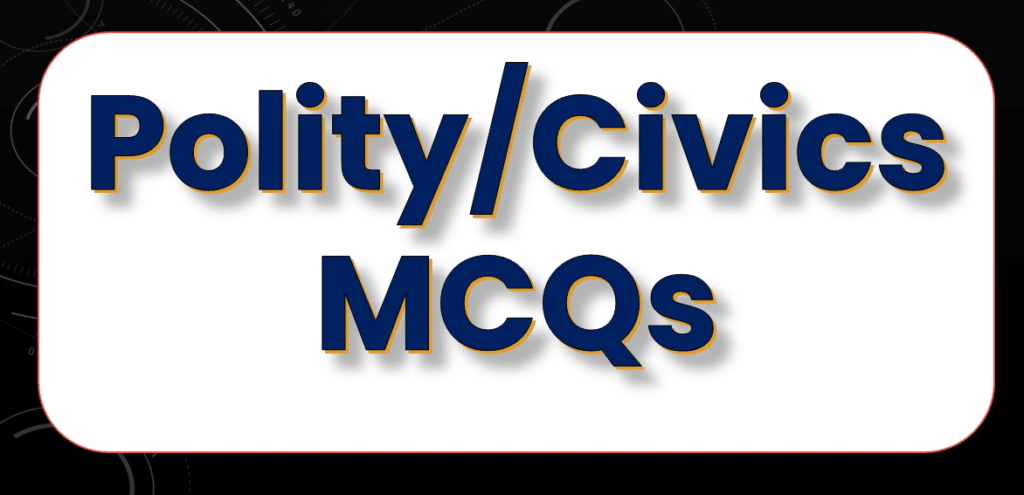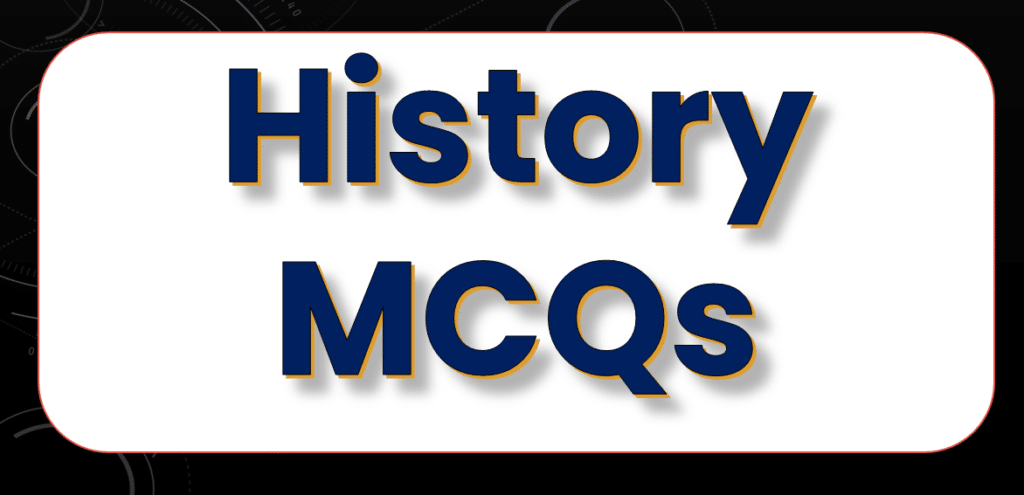What is Democracy – Why Democracy – Best 100 MCQs. Class 9 Political Science / Civics Chapter 1 MCQs. These 100 Multiple Choice Questions with Answer and Explanation will help you score full marks in your class 9 Social Science (Polity) exam.
Table of Contents

[What is Democracy?] – What is Democracy – Why Democracy – Best 100 MCQs
What is Democracy – Why Democracy – Best 100 MCQs
What is Democracy – Why Democracy – Best 100 MCQs
What is Democracy – Why Democracy – Best 100 MCQs
What is Democracy – Why Democracy – Best 100 MCQs
What is Democracy – Why Democracy – Best 100 MCQs
What is Democracy – Why Democracy – Best 100 MCQs
What is Democracy – Why Democracy – Best 100 MCQs
What is Democracy – Why Democracy – Best 100 MCQs
What is Democracy – Why Democracy – Best 100 MCQs
What is Democracy – Why Democracy – Best 100 MCQs
What is Democracy – Why Democracy – Best 100 MCQs
What is Democracy – Why Democracy – Best 100 MCQs
What is Democracy – Why Democracy – Best 100 MCQs
What is Democracy – Why Democracy – Best 100 MCQs
What is Democracy – Why Democracy – Best 100 MCQs
What is Democracy – Why Democracy – Best 100 MCQs
What is Democracy – Why Democracy – Best 100 MCQs
What is Democracy – Why Democracy – Best 100 MCQs
What is Democracy – Why Democracy – Best 100 MCQs
What is Democracy – Why Democracy – Best 100 MCQs
What is Democracy – Why Democracy – Best 100 MCQs
What is Democracy – Why Democracy – Best 100 MCQs
What is Democracy – Why Democracy – Best 100 MCQs
[Features of Democracy] – What is Democracy – Why Democracy – Best 100 MCQs
What is Democracy – Why Democracy – Best 100 MCQs
What is Democracy – Why Democracy – Best 100 MCQs
What is Democracy – Why Democracy – Best 100 MCQs
What is Democracy – Why Democracy – Best 100 MCQs
What is Democracy – Why Democracy – Best 100 MCQs
What is Democracy – Why Democracy – Best 100 MCQs
What is Democracy – Why Democracy – Best 100 MCQs
What is Democracy – Why Democracy – Best 100 MCQs
What is Democracy – Why Democracy – Best 100 MCQs
What is Democracy – Why Democracy – Best 100 MCQs
What is Democracy – Why Democracy – Best 100 MCQs
What is Democracy – Why Democracy – Best 100 MCQs
What is Democracy – Why Democracy – Best 100 MCQs
What is Democracy – Why Democracy – Best 100 MCQs
What is Democracy – Why Democracy – Best 100 MCQs
What is Democracy – Why Democracy – Best 100 MCQs
What is Democracy – Why Democracy – Best 100 MCQs
What is Democracy – Why Democracy – Best 100 MCQs
What is Democracy – Why Democracy – Best 100 MCQs
What is Democracy – Why Democracy – Best 100 MCQs
What is Democracy – Why Democracy – Best 100 MCQs
What is Democracy – Why Democracy – Best 100 MCQs
What is Democracy – Why Democracy – Best 100 MCQs
What is Democracy – Why Democracy – Best 100 MCQs
What is Democracy – Why Democracy – Best 100 MCQs
[Why Democracy?] – What is Democracy – Why Democracy – Best 100 MCQs
What is Democracy – Why Democracy – Best 100 MCQs
What is Democracy – Why Democracy – Best 100 MCQs
What is Democracy – Why Democracy – Best 100 MCQs
What is Democracy – Why Democracy – Best 100 MCQs
What is Democracy – Why Democracy – Best 100 MCQs
What is Democracy – Why Democracy – Best 100 MCQs
What is Democracy – Why Democracy – Best 100 MCQs
What is Democracy – Why Democracy – Best 100 MCQs
What is Democracy – Why Democracy – Best 100 MCQs
[Broader Meanings of Democracy] – What is Democracy – Why Democracy – Best 100 MCQs
What is Democracy – Why Democracy – Best 100 MCQs
What is Democracy – Why Democracy – Best 100 MCQs
What is Democracy – Why Democracy – Best 100 MCQs
What is Democracy – Why Democracy – Best 100 MCQs
What is Democracy – Why Democracy – Best 100 MCQs
What is Democracy – Why Democracy – Best 100 MCQs
What is Democracy – Why Democracy – Best 100 MCQs
What is Democracy – Why Democracy – Best 100 MCQs
What is Democracy – Why Democracy – Best 100 MCQs
What is Democracy – Why Democracy – Best 100 MCQs
What is Democracy – Why Democracy – Best 100 MCQs
What is Democracy – Why Democracy – Best 100 MCQs
What is Democracy – Why Democracy – Best 100 MCQs
What is Democracy – Why Democracy – Best 100 MCQs
What is Democracy – Why Democracy – Best 100 MCQs
